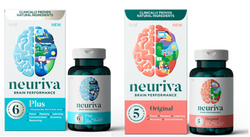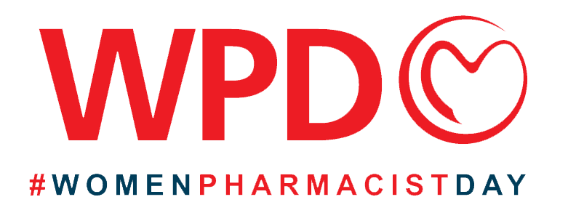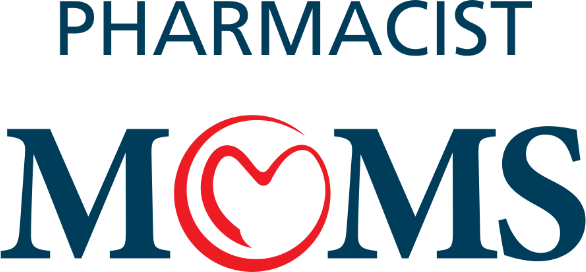Five ways Artificial Intelligence will Change Medical Affairs
Artificial intelligence (AI) applications to the pharmaceutical industry have gotten a lot of attention. Using AI to more rapidly discover optimal pre-clinical candidates may revolutionize the drug development process in the life sciences.
Artificial intelligence (AI) applications to the pharmaceutical industry have gotten a lot of attention. Recently, two AI drug design companies, Insilico Medicine and A2A Pharmaceuticals joined forces to bring to market a possible treatment for Duchenne muscular dystrophy (DMD) and other rare orphan diseases. Using AI to more rapidly discover optimal pre-clinical candidates may revolutionize the drug development process in the life sciences.
What AI can bring to the table is the ability to rapidly and accurately sort through massive amounts of data. This may very well revolutionize how competitive intelligence, drug discovery and stakeholder engagement take place as we know it. Among many functions that medical affairs is tasked with, an important one is stakeholder engagement with External Experts (EE) (formerly known as KOLs or Key Opinion Leaders). For Medical Science Liaisons (MSLs), who are the primary function engaging external stakeholders, there will likely be several changes.
(1) Multi-Channel Outreach- This will be enhanced with AI helping MSLs determine the most optimal ways to reach EE as well as what the most effective communication points and time to speak with an external stakeholder will be. Additionally, in combination with current KOL profiling and sophisticated CRM, companies will be able to better assess MSL performance through objective benchmarks and key indicators.
(2) Clinical Trials-MSLs are often involved in helping clinical recruit for patients and identify sites for company trials. AI will launch more sophisticated algorithms and predictive analytical tools which will be used to help find patients most likely to respond to interventions. By aggregating primary data, family history, genetics, and social media data to predict outcomes, clinical trials will be more effective and efficient minimizing risk to patients. Operationally, AI will facilitate better patient monitoring and real-time data gathering.
(3) Learning & Development-AI will personalize learning platforms and determine which learning styles are most effective for learners based on data gathered. This will presumably lead to more effective MSLs and more insightful discussions with external stakeholders. This will also help facilitate more enduring training and professional development for medical affairs professionals.
(4) Drug Development-Data has shown that it takes an average of 2 billion dollars to bring a drug to market. AI will undoubtedly reduce the time and costs needed to make this happen. AI may also help predict earlier on in the drug development process whether or not a drug candidate will be successful by sorting through massive amounts of data more efficiently.
(5) Label Expansion-By gathering large quantities of data, AI will help uncover possibilities for expanded indications a drug candidates may be optimal for after initial drug approval. With tens of millions of available data points in a post-marketing setting, AI may be able to determine if a certain drug could be effective in a particular patient population.
Author:
Accreditation Council for Medical Affairs









.png)



